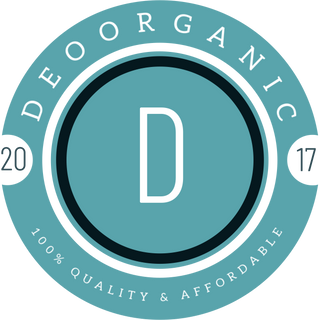DOCUMENT
INCI: Ellagic Acid
USAGE RATE: 0.5%-3%
PERCENTAGE: 90%
APPEARANCE: Deep Brown Powder
Molecular Weight: 302.9
Ellagic Acid (EA) is a natural polyphenol dilactone also known as Benzoaric Acid or Gallic Acid. Plant tissues such as nuts and other fruits are rich in Ellagic Acid.
Ellagic acid and ellagotannins have been found in variety of plant sources and the highest concentration reported is in red raspberry.It is also present in pomegranate peel. Ellagic acid is usually present in the plant as ellagotannins, which should be converted to ellagic acid by chemical or enzymatic hydrolysis to use as an active ingredient in cosmetics
This product can clear free radicals and inhibit lipid per-oxidation, it has effect of skin-whitening, astringency and anti-oxidation.
As a natural ingredient with multiple effects, Ellagic Acid has been widely used to also reduces UV-induced skin pigmentation, which is due to inhibition of tyrosinase activity by binding to copper at its active site.
Ellagic acid can also be used in antidandruff shampoo preparations. Formulation containing ellagic acid can be used as antipollution cosmetic agent, which protects the skin from detrimental effect of pollution.
Ellagic acid content of the ellagic acid-rich pomegranate fruit peel extract in the solution at pH 5.5, 7 and 8. The results from these stability tests indicate that the ellagic acid-rich pomegranate fruit peel extract possesses satisfactory stability for further development of herbal medicines.
Solubility: Soluble in Alkalies, in pyridine. Practically insoluble in ether. Slightly soluble in alcohol or water
STORAGE: Keep in a cool, dark and dry place.
EXPIRY DATE:SEPTEMBER 2025
INCI: Ellagic Acid
USAGE RATE: 0.5%-3%
PERCENTAGE: 90%
APPEARANCE: Deep Brown Powder
Molecular Weight: 302.9
Ellagic Acid (EA) is a natural polyphenol dilactone also known as Benzoaric Acid or Gallic Acid. Plant tissues such as nuts and other fruits are rich in Ellagic Acid.
Ellagic acid and ellagotannins have been found in variety of plant sources and the highest concentration reported is in red raspberry.It is also present in pomegranate peel. Ellagic acid is usually present in the plant as ellagotannins, which should be converted to ellagic acid by chemical or enzymatic hydrolysis to use as an active ingredient in cosmetics
This product can clear free radicals and inhibit lipid per-oxidation, it has effect of skin-whitening, astringency and anti-oxidation.
As a natural ingredient with multiple effects, Ellagic Acid has been widely used to also reduces UV-induced skin pigmentation, which is due to inhibition of tyrosinase activity by binding to copper at its active site.
Ellagic acid can also be used in antidandruff shampoo preparations. Formulation containing ellagic acid can be used as antipollution cosmetic agent, which protects the skin from detrimental effect of pollution.
Ellagic acid content of the ellagic acid-rich pomegranate fruit peel extract in the solution at pH 5.5, 7 and 8. The results from these stability tests indicate that the ellagic acid-rich pomegranate fruit peel extract possesses satisfactory stability for further development of herbal medicines.
Solubility: Soluble in Alkalies, in pyridine. Practically insoluble in ether. Slightly soluble in alcohol or water
STORAGE: Keep in a cool, dark and dry place.
EXPIRY DATE:SEPTEMBER 2025

